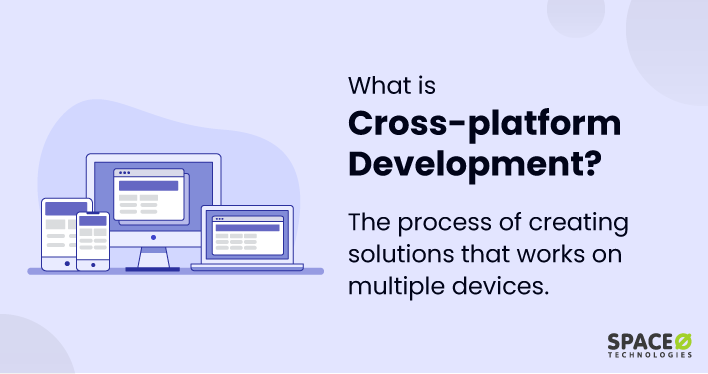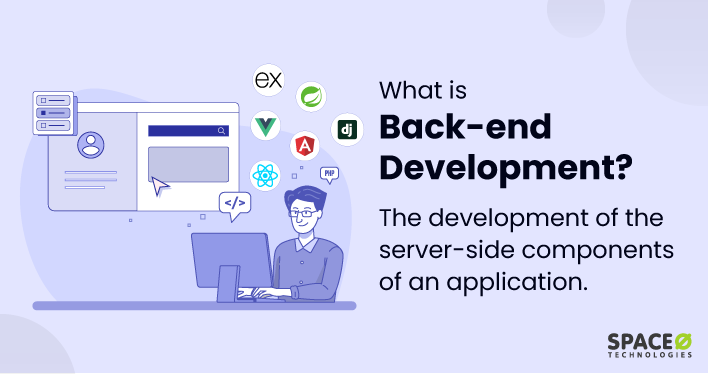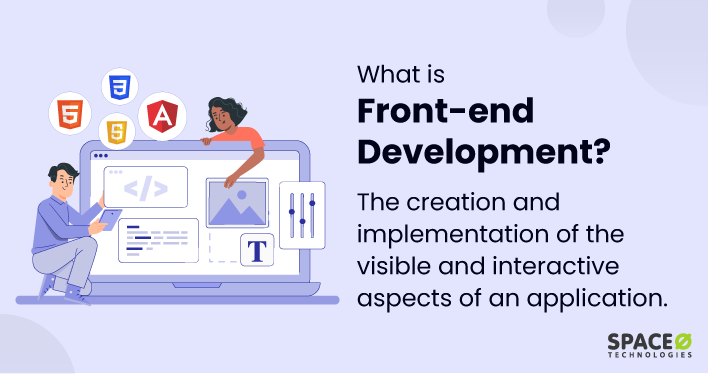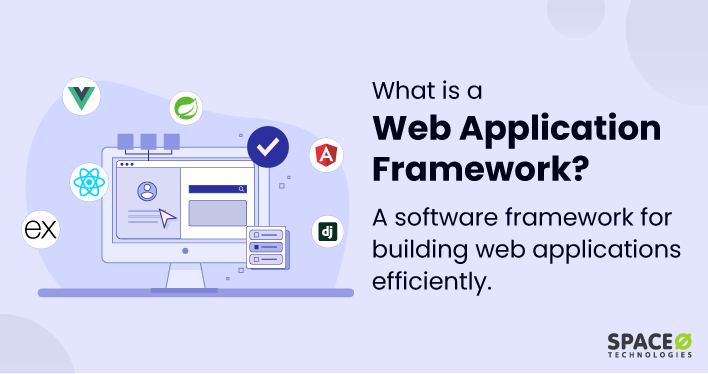Table of Contents
What is Cross-platform Development?
Cross-platform development is the process of creating software applications that work seamlessly on different operating systems and devices, such as Windows, macOS, Android, and iOS, with a single codebase.
Many popular apps use cross-platform development tools, along with top web application frameworks, to provide a consistent user experience across different operating systems, devices, and web browsers. Some examples include Facebook, Instagram, Microsoft Office Suite, Slack, and Skype.
Let’s check why cross-platform development is generally preferred.
Why Choose Cross-platform Development?
Opting for cross-platform development can provide numerous benefits:
- Saves Cost and Time
Cross-platform development allows you to create a single codebase for native mobile apps and web applications that run on different platforms, such as Android, iOS, and various web browsers, reducing the need to maintain separate codebases for each platform. By using a web application framework, this process can be further streamlined. If you are not sure about web application framework, here is a definition of web application framework. Using a web application framework for cross-platform development leads to significant cost savings regarding development resources and time spent on building and updating the application. - Simplifies Management and Maintenance
With a single codebase for multiple platforms, maintaining and updating your platform-agnostic application becomes much easier. Bug fixes, feature enhancements, and other updates can be applied to the shared codebase, streamlining the maintenance process and ensuring consistency across all platforms, regardless of the operating system or device being used. - Provides Access to a Wider Audience
Developing an application that runs on multiple platforms, such as Android, iOS, and the web, helps you reach a broader audience. By making your native app accessible to users on various devices and different operating systems, you can potentially increase user engagement and generate more revenue from your application. - Provides Consistent User Experience
Creating a cross-platform application ensures a consistent user experience and user interface across different operating systems and devices. This consistency in both experience and interface can help build trust and brand recognition, as users can enjoy the same features and interface regardless of their platform. - Streamlines Development Process
Using cross-platform development tools and frameworks, developers can streamline the development process by leveraging their existing skill sets. For example, a developer with experience in JavaScript can use frameworks like React Native or Ionic to create apps without learning platform-specific languages like Swift for iOS or Kotlin for Android. This can lead to faster development cycles and more efficient use of development resources.
Let’s understand some of the tools required for cross-platform development.
Which are the Cross-Platform Development Tools?
Some of the widely-used cross-platform development tools include:
| Tool/Framework | Language | Description |
|---|---|---|
| React Native | JavaScript | A framework developed by Facebook for creating native apps using JavaScript and the React library. |
| Xamarin | C# | A Microsoft-owned framework that uses C# and .NET for cross-platform native app development. |
| Flutter | Dart | A Google-backed UI toolkit for building natively compiled applications using the Dart language. |
| Apache Cordova | JavaScript | A platform for building hybrid mobile applications using HTML, CSS, and JavaScript. |
| Ionic | JavaScript | A hybrid mobile app development framework that uses web technologies and Angular or React for app creation. |
| Framework7 | JavaScript | A full-featured hybrid app development framework, focusing on iOS and Android app creation. |
Let’s understand some of the challenges that arise during cross-platform development.
4 Challenges Arises During Cross-platform Development
Cross-platform development comes with several challenges, but with the right strategies, you can overcome them. Here are some common challenges and suggestions for addressing them:
Performance Issues:
Cross-platform apps may not deliver the same level of performance as native apps, particularly in the case of hybrid apps, when targeting different operating systems like Android, iOS, or Windows.Solution: Choose a suitable framework or tool that offers better performance for the required operating system, such as native cross-platform frameworks like React Native, Xamarin, or Flutter. Optimize your code and focus on performance improvements during the development process to ensure your app performs well across all target platforms.
Platform-specific Features:
Implementing unique features for each platform can be challenging, especially when using a single codebase.Solution: Leverage platform-specific libraries, plugins, or modules from the chosen cross-platform framework. This allows you to implement unique features while maintaining a shared codebase.
Design Consistency:
Ensuring a consistent user experience across platforms can be difficult, particularly with varying design guidelines and screen sizes.Solution: Adopt responsive design techniques and use platform-specific UI components when necessary. Test your application on multiple mobile devices and screen sizes to ensure the design is consistent and user-friendly.
Limited Access to Native APIs:
Cross-platform frameworks may not always provide complete access to native APIs or the latest platform features.Solution: Choose a cross-platform framework that offers regular updates and has an active community supporting its development. Use native modules or plugins to access native APIs and features not supported directly by the framework.
In conclusion, cross-platform development enables you to create versatile applications with a single codebase, potentially saving time and resources. However, it is crucial to carefully consider the challenges and choose the right tools to ensure a successful project outcome.






